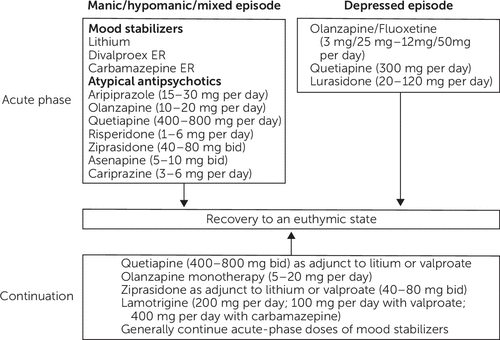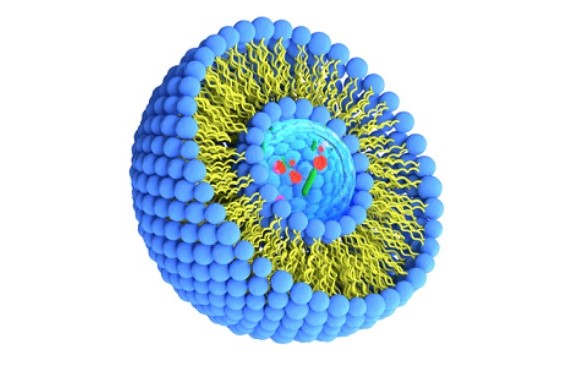Bipolar disorder is a very serious condition that makes unusual mood swings ranging in severity and duration. You might go from being extremely upbeat and revved up to being downright depressed and despondent. What's the difference between bipolar disorder and unipolar bipolar disorder?
Bipolar disorder is often misdiagnosed as bipolar disorder since the symptoms can overlap with other conditions
For example, an episode of mania will feel just as intense as an episode of depression. Likewise, manic episodes will often come on quickly, while episodes of depressive episodes may linger for weeks or months. However, there are some signs of bipolar disorder that cannot be mistaken as belonging to any other mental disorder, such as a persistent sense of humor, persistent fantasies, extreme irritability and a marked change in sleeping and eating patterns.
Bipolar disorder can be extremely disabling to a person's life, and even the most severe episodes can leave the sufferer with debilitating side effects. While it's not common, it's possible for an episode of mania or depression to cause an auto accident, self-harm, suicide or death by suicide.
Bipolar disorder often begins in adulthood or later on in life, although this can vary. Symptoms can include extreme highs and lows in mood. The periods of extreme highs and lows will usually last for several weeks to months at a time, and then the depression will come on suddenly and intensify. People suffering from bipolar disorder will go through cycles of extreme highs and lows in mood, frequently alternating between the two.
Bipolar disorder isn't always diagnosed, because people suffering from it will often deny that they have it. They may tell themselves that it's something else, such as stress or exhaustion, or that they're just having bad luck. Unfortunately, if someone continues to suffer from bipolar disorder for years without treatment, the disease can progress and it could lead to more serious problems. If left untreated bipolar disorder can lead to a suicide attempt, a disabling illness such as diabetes, or even a fatal heart attack.
While you don't have to see your doctor to get diagnosed with bipolar disorder, the symptoms are easy enough to recognize and there are tests that can be conducted by a psychiatrist. to confirm whether or not you have bipolar disorder. Bipolar disorder can be managed using medications that focus on reducing the symptoms, rather than dealing with the cause. the disease itself.

Bipolar medications have been found to be very effective in many cases, although medication can have negative side effects that can lead to rebound depression. That's why it's important that you discuss your options with a psychiatrist about your bipolar disorder and what's worked for others.
While bipolar disorder is a long term condition, it's treatable and life-affirming. If you're willing to work at it and have realistic expectations, it is possible to control your symptoms and live the life that you want.
Bipolar medications are typically used together
These medications will often include lithium and other mood stabilizers that help you manage your symptoms. Often times, the most effective way to begin your treatment is to treat all your symptoms with medication, then take it off when the symptoms go away or to take another medication. In some cases, it is necessary to continue the medication indefinitely or as needed. The medication will help you to manage your depression and keep your mood from being completely out of whack.
There are some types of bipolar medication that you can use in combination with a different type of medication. A good example of this is a medication known as "antipsychotic medications", which helps calm you down and reduce your manic and depressive symptoms. Antipsychotic medication can also be used along with the mood stabilizers to help manage your anxiety and aggression. Another type of medication you can use with mood stabilizers is an anti-depressant.
Because bipolar medication can have serious side effects, it's important to carefully discuss any changes in medication with your doctor. Many people try to go it alone without talking to a professional.
If you think you or a loved one may be having bipolar depression, please consult your doctor. He or she will be able to prescribe you the right medication and recommend a suitable treatment plan for you and your loved ones. Talk to your doctor about using medication safely and taking responsibility for your care.
